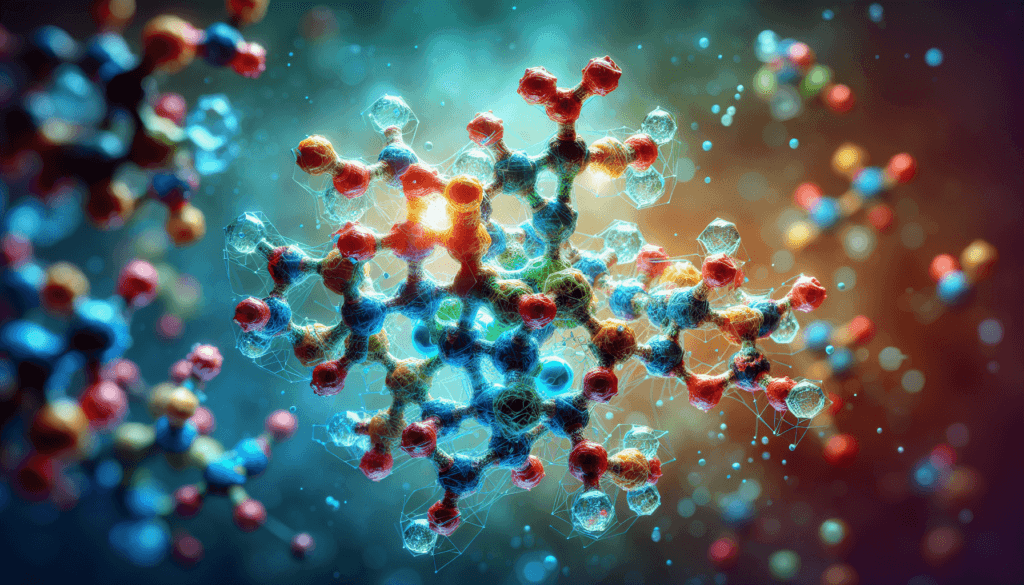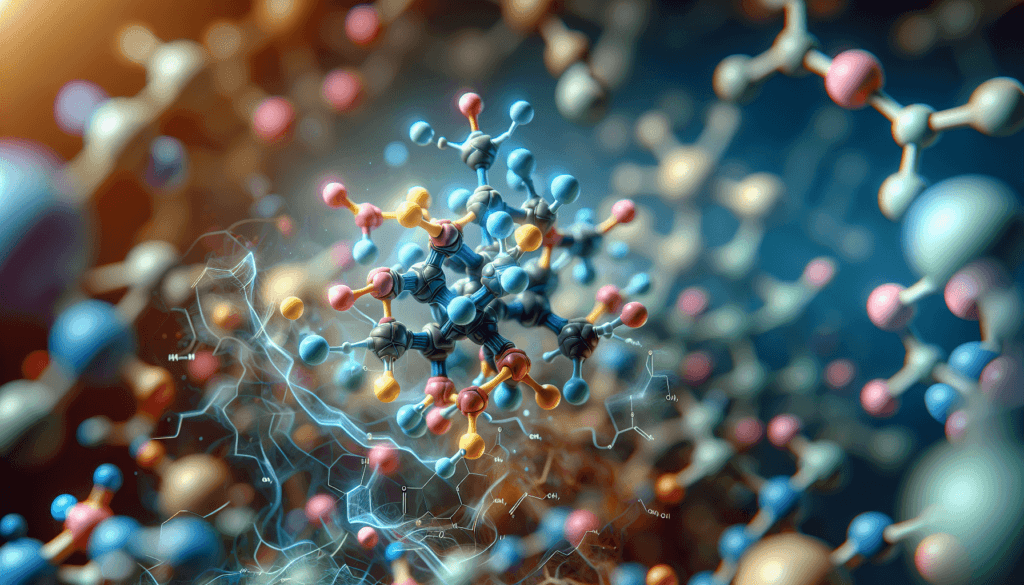Have you ever wondered what controls the myriad intricate systems in your body? Perhaps you’re curious about what manages your sleep, mood, energy levels, or even your hunger. The answer lies within the fascinating world of hormones. In this exploration, we will journey through the human body’s key hormones, identifying their roles, significance, and how they quietly govern much of what you experience daily.

Understanding Hormones: The Body’s Chemical Messengers
Hormones might seem like a complex topic, but at their core, they are simply chemical messengers that travel throughout your body, coordinating various functions. They are crucial for regulating a wide range of processes, including growth, metabolism, and fertility.
The Role of Hormones
Table of Contents
Your body is akin to an orchestra, where hormones act as the conductors, ensuring every part plays its role in harmony. By sending signals to different organs and tissues, hormones help maintain balance, known as homeostasis, in your body. Whether it’s helping you react to stress or digesting food, hormones ensure your body operates smoothly.
How Hormones Work
Imagine a relay race where each runner passes the baton to the next. In a similar fashion, hormones transmit messages to certain cells, which then take action based on that information. They achieve this by binding to specific receptors on or in the target cells. Once the hormone and receptor link, the cell is activated to perform its designated function.
Key Hormones in Your Body
While the human body produces over 50 different hormones, there are a few heavyweights that take center stage due to their critical roles in everyday health and functioning.
Insulin
Often discussed in the context of diabetes, insulin is a pivotal hormone that regulates how your body uses and stores glucose and fat. Without it, your body can’t effectively lower blood glucose levels, which is vital for energy production.
Importance of Insulin
Insulin’s job is akin to a traffic controller, directing glucose to enter your cells, providing them with energy, or storing it for future use. Its absence or malfunction leads to elevated blood sugar levels, which can cause serious health complications.
Cortisol
Nicknamed the stress hormone, cortisol helps you respond to stress and plays a key role in controlling your mood, motivation, and fear. But did you know it also plays a part in managing how your body metabolizes food, reduces inflammation, and regulates sleep-wake cycles?
Balancing Cortisol Levels
While essential, having too much cortisol, especially long-term, can negatively impact your health, leading to issues like weight gain and high blood pressure. It’s important for your cortisol levels to fluctuate in a natural rhythm, peaking in the morning and tapering off by nighttime.
Estrogen
Known primarily as the female sex hormone, estrogen is pivotal not just for reproductive health but also for bone and heart health. It plays numerous roles, from maintaining skin elasticity to affecting cholesterol levels.
Estrogen’s Influence on Health
Estrogen is essential not just for women. It also helps in regulating various functions in men’s bodies. Imbalances in estrogen levels, whether it’s too high or too low, can lead to various health concerns, including osteoporosis and increased susceptibility to certain diseases.
Other Influential Hormones
Beyond these three, several other hormones work tirelessly to keep you healthy and balanced.
Thyroxine (T4) and Triiodothyronine (T3)
Produced by the thyroid gland, these hormones help regulate your metabolism, heart function, and digestive health. They are like the throttle in your body’s engine, impacting how energetic you feel and your body’s overall functionality.
Importance of Thyroid Hormones
Imbalances, whether hypo- or hyperthyroidism, can lead to disruptions in your weight, mood, and overall energy levels, significantly affecting your quality of life.
Testosterone
Often associated with masculinity, testosterone is integral in both males and females for tissue growth, muscle mass, and bone density. It’s also involved in regulating mood and energy.
Multifaceted Role of Testosterone
A healthy balance of testosterone supports muscle growth and maintenance, impacts mood and libido, and even influences memory and cognitive abilities.
Serotonin
Often hailed as the ‘happy hormone,’ serotonin is essential for stabilizing mood, feelings of well-being, and happiness. It also plays roles in different bodily functions, including sleep and digestion.
Serotonin’s Role in Emotional Health
By serving as both a neurotransmitter and hormone, serotonin’s balance is crucial for mental stability and emotional regulation. Imbalances can contribute to mood disorders like depression and anxiety.
Hormonal Imbalances and Their Effects
Just as when one player misses their cue in a performance, an imbalance in hormones can lead to a ripple effect, impacting various systems in the body.
Causes of Hormonal Imbalances
Hormonal imbalances can arise from a multitude of factors, including stress, poor nutrition, genetics, and underlying health conditions. Understanding the root cause is the first step to managing it effectively.
Symptoms and Diagnosis
Symptoms of hormonal imbalances can vary, impacting your mood, weight, sleep, and energy levels. Diagnosing these imbalances often involves blood tests alongside comprehensive discussions about symptoms with your healthcare provider.
Managing Hormonal Imbalances
Fortunately, many hormonal imbalances can be managed through lifestyle changes, medication, or hormone therapy. Regular exercise, a balanced diet, stress management, and adequate sleep are foundational to maintaining hormonal health.

Interconnectedness of Hormones
The world of hormones is vast and interconnected. An imbalance in one can often affect others, highlighting the importance of a holistic approach when considering hormonal health.
The Hormonal Symphony
Think of hormones as notes played by different instruments. While they each have their solos, their most powerful impact comes when they work together, creating a harmonious melody that is your body at its best.
Benefits of Understanding Hormones
Grasping the basics of hormones not only demystifies many bodily changes and experiences but empowers you to make informed choices about your health.
Informed Health Decisions
Knowing how hormones affect your body helps in making proactive health decisions, whether it’s about diet, exercise, or managing stress effectively.
Promoting Holistic Health
A broader understanding of hormones encourages a holistic approach to health, recognizing the body’s interconnected systems, where physical, mental, and emotional health are all intertwined.
Final Thoughts
By unlocking the secrets of your body’s hormones, you gain insight into the wondrous complexity that is the human body. Taking the time to understand these biological processes not only fulfills curiosity but fosters a deeper connection with yourself, allowing you to lead a healthier, more balanced life.
Your journey into the world of hormones might seem akin to unraveling a spellbinding mystery, one where each piece fits into a grander picture showcasing the marvel of human biology. Remember, embracing knowledge is the first step toward mastering your health and wellbeing.





